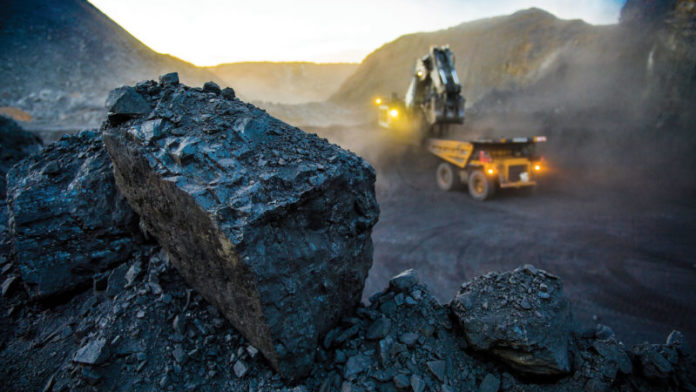
SOUTH African thermal and metallurgical coal projects totalling R7.6bn in potential investment are frozen after funds required for their development prove difficult to source.
MC Mining and Resource Generation (Resgen), companies listed in Johannesburg, issued statements today saying they had not finalised funding for a combined coal supply of 7.6 million tons (Mt) a year.
The projects – Resgen’s Boikarabelo thermal coal mine and MC Mining’s Makhado project – are located in South Africa’s Limpopo province, previously identified by the government as important investments in a region it wanted to industrialise.
The companies – which also share the predicament of being without permanent CEOs – have been relying on funding support from the Industrial Development Corporation (IDC), the government-owned lender.
Lulamile Xate, chairman of Resgen, said in his annual address today the company was “extremely disappointed” following a decision in November by the IDC that it would pull support for the R4.2bn Boikarabelo project which is scoped to produce about 6.5Mt a year of thermal coal.
The company had identified and short-listed new potential lenders but was currently existing on convertible loans from shareholder Noble Group, the Singapore commodities trader. Last year, Noble Group agreed to a ninth addendum with Resgen, effectively enabling it to remain solvent for another quarter.
But the company needed additional funds to remain afloat, said Xate. Boikarabelo has been on the cards for South Africa for roughly a decade. Resgen’s previous Australian management was ousted in 2015 in order that the project could be accelerated, but this has not been possible owing to reticence by lenders to commit to new coal projects.
Brenda Berlin, interim CEO for MC Mining, said the company was looking to finalise restructuring of a loan with the IDC.
The matter ought to have been settled at the end of last year, but Berlin said today: “The IDC has reiterated its support for the development of the Makhado Project and MC Mining is confident that a satisfactory position will be reached”.
Berlin tendered her resignation from the company in December last year after initially suggesting her intention was to take up the CEO post on a full-time basis. MC Mining said it would announce a new full-time CEO imminently.
Institutional aversion to thermal coal financing has grown significantly. According to a report by Liberum analysts, discussing whether Glencore should exit its coal business in the short- or long-term, financing conditions are becoming stricter for coal globally.
Blackrock, the world’s largest asset manager, has exited any active investment where more than 25% of revenues come from thermal coal with similar restrictions implemented by Norway’s Government Pension Fund. Goldman Sachs has cut its funding for new fossil fuel projects and is dedicating $110bn to clean energy solutions by 2025.
Barclays has stopped financing new thermal coal mining projects unless it is an existing corporate client operating such a facility, which may explain the IDC’s decision to withdraw from Resgen’s Boikarabelo but, potentially, continue with MC Mining’s Makhado project.
There is also a tightening of policy from insurers like Liberty Mutual Group which will no longer accept underwriting risk where over 25% of exposure comes from the extraction or production of thermal coal.
“The direction of travel is towards a wholesale removal of coal from institutional portfolios,” said Liberum. This raises the question as to how Resgen will fund itself or how MC Mining will pay for Makhado’s expansion, as initially scoped when the government-owned IDC is proving reticent to dive into new projects.









